
Live Services, Roadmaps and Broken Promises - Article
by Taneli Palola , posted on 27 September 2019 / 6,302 ViewsI've talked about the Live Service model several times before and in some ways I thought I had already said everything I wanted or needed to say about it, but if there's one thing we can always trust in it's that the AAA video game industry will find new ways to screw things up. So this time I want to talk about the relatively recent trend of companies launching games in a less than stellar state, only to eventually update the game to a state that somewhat resembles the product that the pre-launch advertisements and hype promised.
Buy Now, Get a Game Later
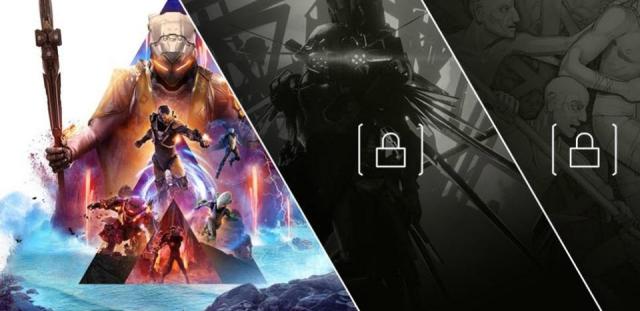
When did it become acceptable to release incomplete video games and make some vague promises of future content to be added at a later date? Content that isn't actually going to add new and interesting stuff to the game, but is rather meant to complete the experience. Oftentimes months or even years after it was launched and was supposed to already be a complete product.
Many of you have probably noticed the use of the term roadmap by companies to describe the post-launch content for many of their big live service titles, with features, game modes, quests, and other content being promised years in advance. Fallout 76, Anthem, No Man's Sky and The Division 2 all got their own content roadmaps, detailing future additions and changes that would be coming to those games after launch. Basically, publishers are telling their customers why they should pay money now for a game lacking in content in order to potentially have a decent complete game later.
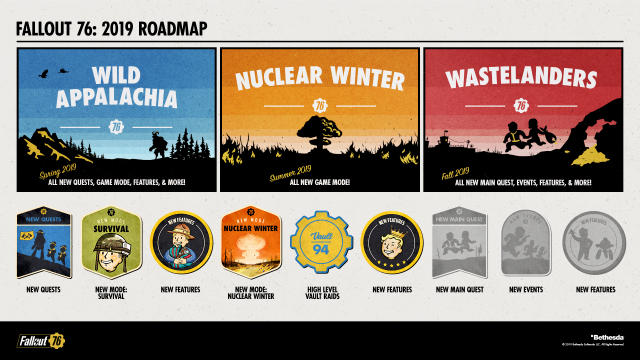
Games like this are launched effectively unfinished and sold to customers with the promise of content to be added later down the line, but there's never a guarantee that said content will actually materialize. The fulfilment of those promises is entirely dependent on a number of factors like the initial success of the game and the size of the playerbase, and when the game fails to live up to the publisher's expectations you can expect to see them cut back on the content that was promised.
A lot of AAA games are starting to use these 'roadmaps' and the promise of content in the future as a justification for launching games in a subpar state. Fallout 76 was released in a deplorable condition and barely even resembled an actual Fallout game. Bethesda is now, finally, after a massive fan backlash, adding actual NPCs and proper questlines to the game, almost a year after its launch. It's a desperate attempt to try and make the title more attractive for potential customers, although at least the content is being added.
Anthem for its part just recently abandoned its entire roadmap in order to focus on ”core issues”. In effect, this means that the content players who have already bought the game were promised is either indefinitely delayed or not arriving at all, while BioWare tries to salvage the game into something even remotely interesting and, for the company's own sake, successful. It's probably the only thing BioWare could have done at this point, but the remaining Anthem fans are going to be disappointed when things they were promised never arrive.
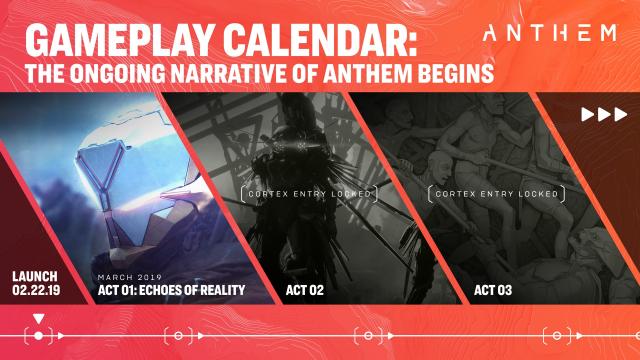
Then there's No Man's Sky and Sea of Thieves, which built up hype before launch by promising huge interconnected worlds with near limitless amounts of content for players to interact with. Yet, when they were released, it turned out that they were pretty much just massive, bland, and empty sandboxes that ran out of interesting things to do about four hours in.
Of course, both Sea of Thieves and No Man's Sky did eventually end up getting a lot of new content post-launch, and in the latter case almost the entire game was practically overhauled, but fulfilling promises months or even years after launch isn't something that I find particularly praiseworthy. As far as I'm concerned it's the absolute minimum we should expect from developers, rather than something to be commended and applauded.
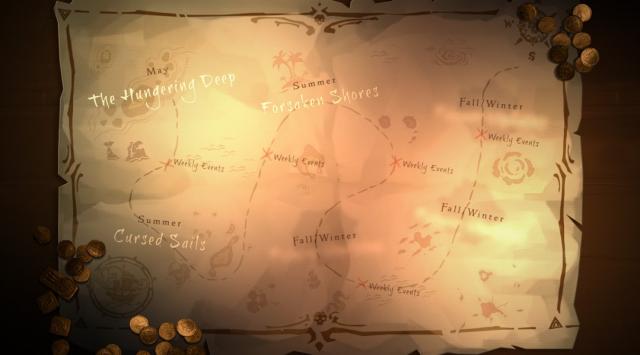
Far too often developers and publishers get away with making false guarantees because people start praising them for eventually turning incomplete or broken games into something halfway decent. That is exactly why more and more games every year are launching in such miserable states. Video game companies have realized that it's fine for them to release titles that lack content or are filled with repetitive, pointless busywork because they've managed to convince customers that it's just the reality of the industry these days.
It is nice that some of these developers don't simply abandon their games if their early reception is poor, and will actually try and improve on them even after release. However, that still doesn't excuse making false promises or releasing incomplete games. The more we praise companies for fixing the messes they created in the first place the more we are going to see games like this being released. This is especially true in the live service market, where games are essentially designed around the idea that people will keep playing them for years as new content is, supposedly, released on a consistent basis.
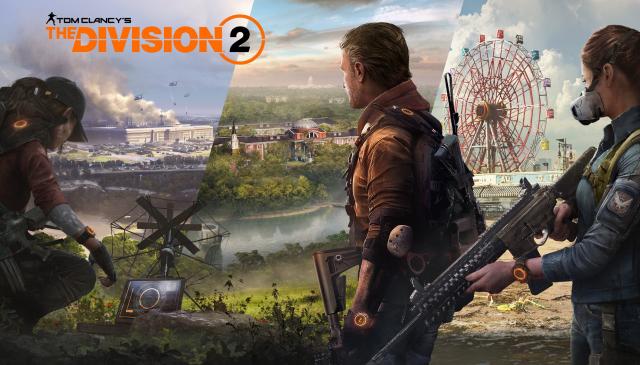
In the end, these content roadmaps and live service ecosystems have just become a license for video game companies to release games in whatever mangled state they've managed to get them to by launch date because of their rushed schedules. Customers are simply expected to accept the fact that the game they just paid for isn't going to have the content they were promised until at least several months later. This is neither a feasible long-term model for the companies themselves (as it will keep building distrust towards them), nor is it even good in the short term as it forces them to spend massive amounts of resources to try and salvage their games.
The video game industry has a history of taking a concept and running it into the ground in hopes of making a quick profit, and this current situation is no different. It happened with MMOs after World of Warcraft exploded in popularity, with modern military shooters after Call of Duty 4: Modern Warfare took off in a big way, and most recently to battle royal games, which are already trending downwards after everyone tried to copy the formula following PUBG's success. Once the industry is done with one trend it'll just move on to the next and bleed that one dry as well. History repeats itself and somehow nobody ever seems to learn from this.
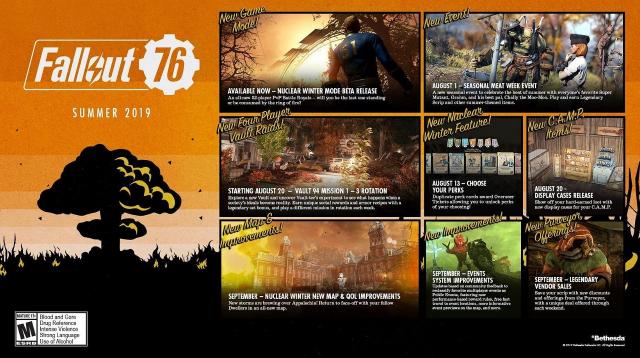
Live service video games are just the latest in a long line of market trends that have dominated the industry and it's quickly heading towards oversaturation just like the others I've mentioned above. The idea being presented by video game companies is that video games don't need to be complete at launch anymore because developers keep working on them well beyond release date, but that is nothing but a flimsy crutch used to rationalize and justify fundamentally flawed design choices and philosophies.
In short, nobody comes out of this as a winner. Customers get underwhelming products in exchange for their investment, while companies lose both money and trust with their customers as a result of releasing games with missing features and content. The unfortunate part is that there's nothing inherently wrong in the live service model or the use of roadmaps as guidelines for future content for games using the model. Unfortunately, both are being abused and twisted in ways that will most likely lead to the deaths of most live service games in the near future, and these companies can really only blame themselves when that happens.
More Articles
Good article. I'm surprised that Star Citizen wasn't mentioned. There's a pattern of companies releasing games in an unfinished state, and then asking people buy it anyway, promising updates later on. Star Citizen takes that concept a step further by asking people to pay before the game even has a release date. Sure a lot of indies get funded by asking for money in advance, but most indies aren't live service style games, like Star Citizen. Most indies don't have a microtransaction storefront already set up years before launch, like Star Citizen. Most indies are content with you paying the $15-$20 to preorder the game, instead of asking people to pay $20 to $2500 on just a single ship, like Star Citizen.
Star Citizen has already blown through a quarter of a billion dollars and counting.
Star Citizen is still in development and the game is being sold more on the ambition innovations rather than a video game. Its like a super tech demo. I put money on Star Citizen and am alittle disapointed but from what i played and saw, it blew me away graphically. Still does today. SC is no Fallout 76 lets make that clear.
Its a shame that devs have actually ruined the live service model. Games like World of Warcraft are still amazing to this day but it seems devs have notice the amount of money being made from a game like WoW and try to implement rush out games just so they can prey on weak minded gamers who will fork out money on games thinking they might be the next MMO.
Excellent article!
Enjoyed the article! I like to let my wallet do the talking. If a developer has a history of broken or incomplete games, I won't buy at launch, even if I'm excited for the games release.
There is only one way to combat this behaviour: stop buying games at launch, at least from publishers that are guilty of this behaviour. You can buy a year or two down the line, if the roadmap has materialized or pay an incomplete price for an incomplete game at a sale. Or after some time you see the game crashed and burned and save your money for better products. Yes this behaviour will hurt gaming publishers. But it is not the fault of the customers, they brought that upon themselfes.
Seriously, the issues with "live services" where visible from the get-go in a dense fog from a country mile away. The name itself implies no game at all anymore, just a (dis-)service where they can pull your money out of your wallet with impunity.
And the problem is just getting worse. Seeing how journalists are increasingly calling them out for their shitty monetisation schemes (and unlike what some are touting, they never were in favor of it - just some were not condemning it right out of the box and instead more taking a wait and see stance), they turned to the internet and to "influencers" whom they easily influence to say positive things about the whole mess for peanuts like free games or promotional material. The dissing of journalists for their interconnection with the industry has lead that the integrity has dropped to below rock bottom due to this, as the influencers are just in it for the money but have no qualms or journalistic integrity or training to not turn a video into a giant ad for the publisher for some measly gains for themselves.
I'm sorry, but gaming journalists have promoted DLC and these shit since the middle of last decade. You guys have promoted DLC, reviewed them and made pulicity for those practices. You all praised sony and MS asking for money for online play. You blamed PC, Nintendo for not following these steps. And now that we are all in loot boxes and multiple service competiting each other you start to complain ??? WTF game journalism !!!
I don't ever recall praising such things. I've written several articles criticizing the direction the game industry has been heading for a long time now, and I'm not the only one. Just because some journalists have done so doesn't mean that everyone has. I've personally yet to spend a single euro on things like loot boxes, and I have never praised their inclusion on any game, nor have I praised any company for charging for online play.
Games journalists have become the scapegoat for every bad thing in the industry. Because it's easier to shift the blame to a small group of people than to self-reflect and admit the blame. How are you going to blame a journalist for reviewing a DLC if that's their job? It's like complaining that a baker made a loaf of bread! Maybe the AAA industry is as shitty as it is because the popular outrage wasn't strong enough, or because people who like a game will never complain about the crappy monetization in it (cough cough Overwatch cough cough). Or maybe it's because of the unregulated capitalism, easily and clearly seen in this industry.






















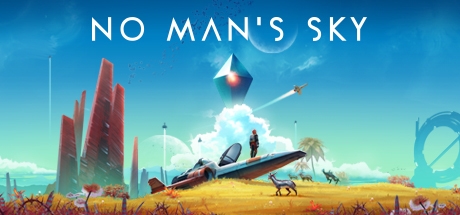

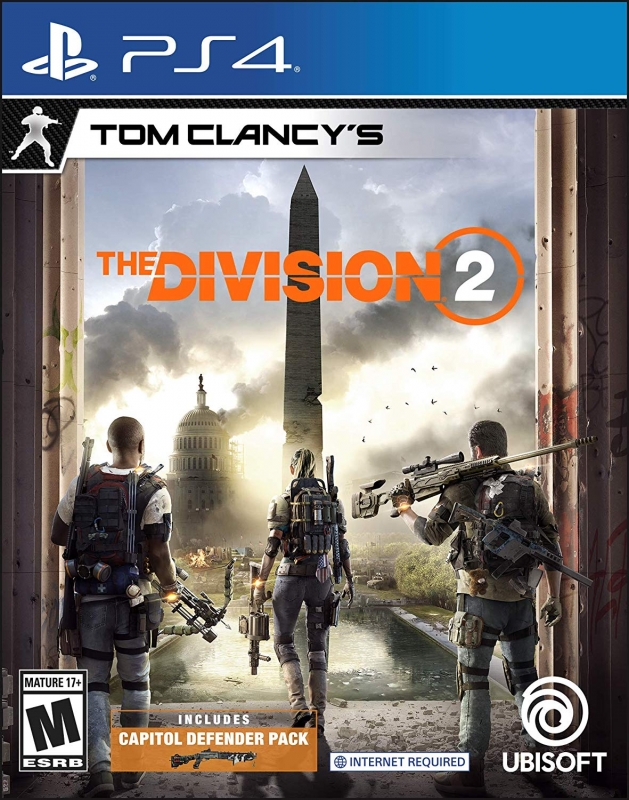









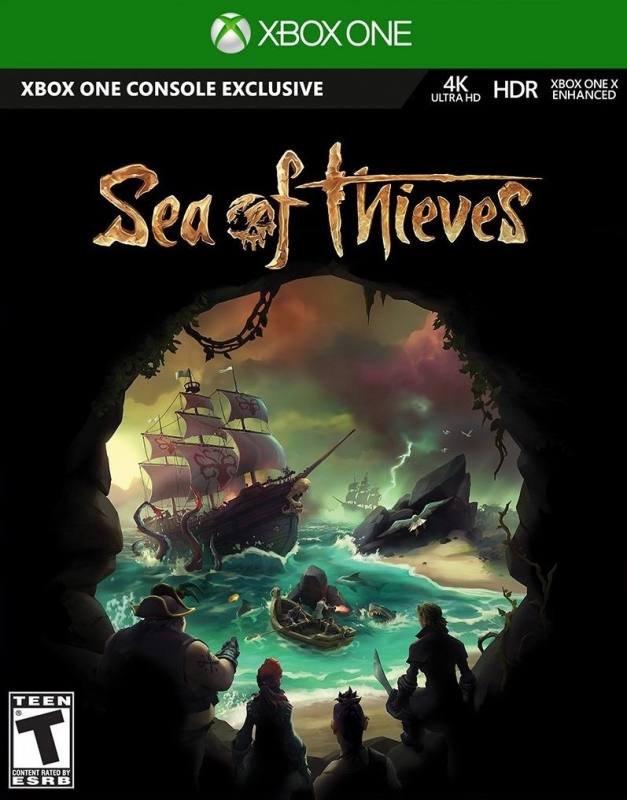

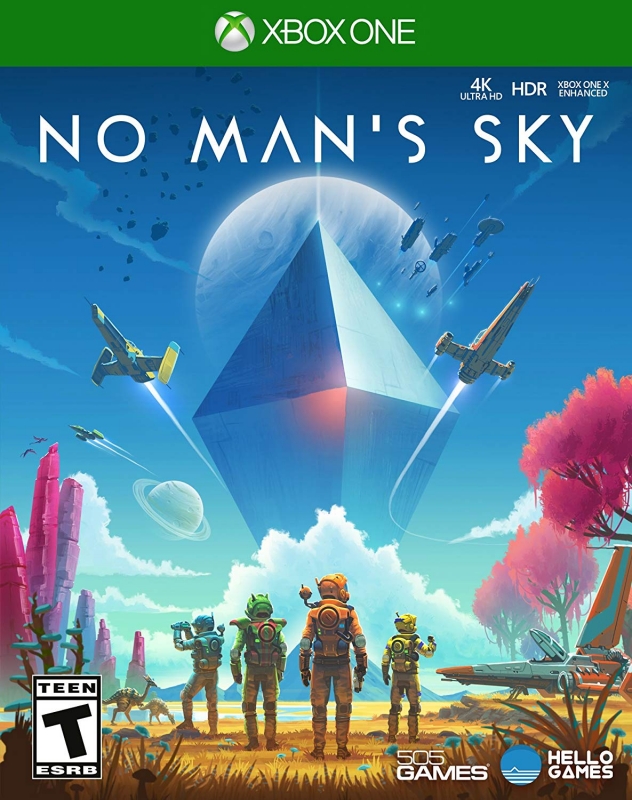

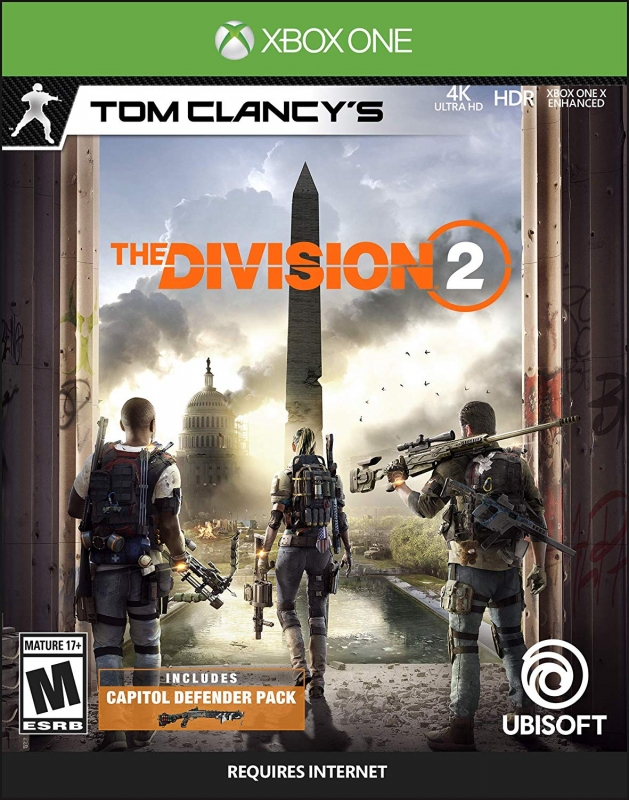
 Essay Pro
Essay Pro